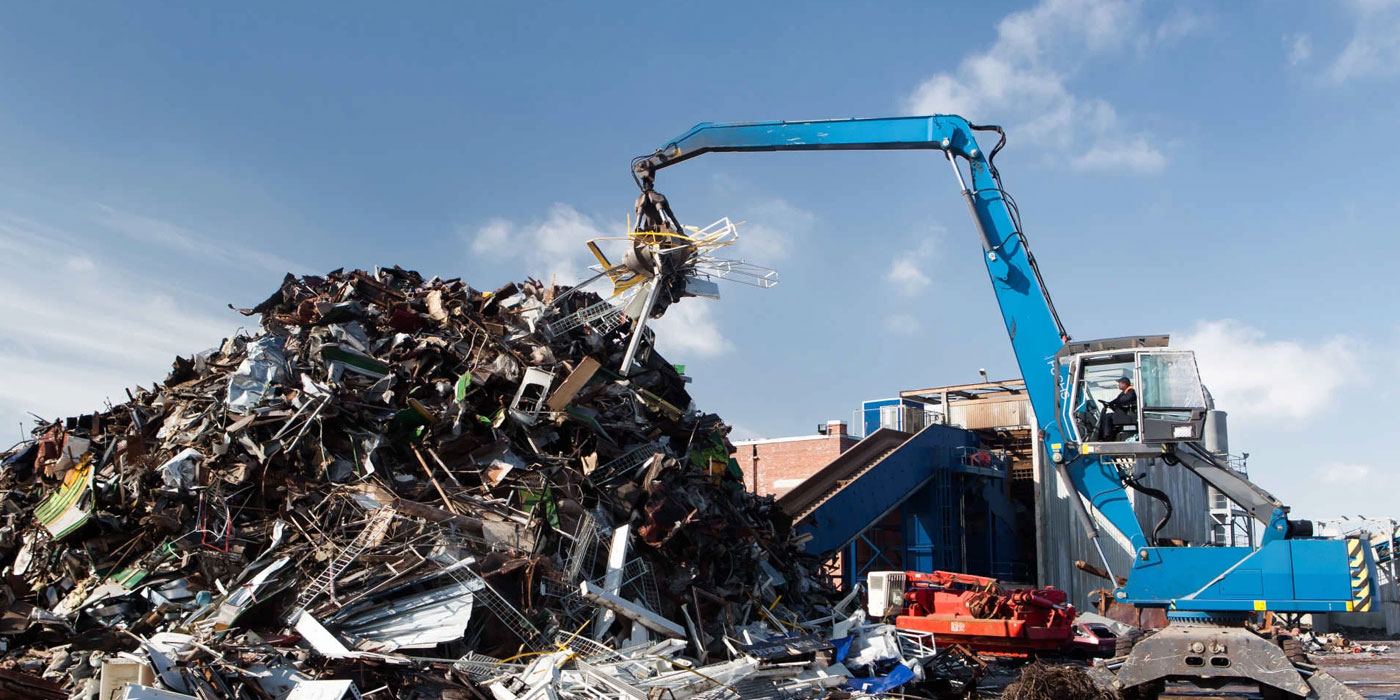Scrap metal recycling has become a core part of the way our contemporary world operates. With high levels of commercial and industrial development and the surrounding production industries, the use of metal materials globally is on an astronomical scale.
The waste materials created before, during, and after large scale projects such as mining and construction have the potential to flood our lands with dumps and rubbish tips. By recycling key materials such as steel and converting them into a 100% reusable form, it not only keeps the world from an environmental disaster, but makes smart financial sense.
Reusable metals
Through selling waste metals for purposeful scrap metal recycling, or purchasing recycled metal products, businesses can save money and boost profits, regardless of industry. Many companies C.D.Dodd has worked with over the years are shocked at the amount of recyclable metal materials and machinery they had lying around unbeknownst to them.
Steel and aluminium are the main metals recycled and reused, thanks to their widespread availability. Iron, copper, brass, gold and silver are also reusable, but their value makes the need for recycling less common. The powerful alchemy allows them to be recycled multiple times without change to their inherent properties, making metal reuse a sound economical move. The need to mine for new materials is also reduced, minimising pollution and saving unnecessary CO2 emissions.
The recycling process
Scrap metal recycling begins with sorting through all collected materials, with only quality metals (usually 50% metal minimum) are gathered. Quality metals make premium recycled materials, and new technology such as sensors have improved recovery rates of reusable metals. Once gathered, the metal scraps are squashed then shredded to increase surface area before melting.
Different metals require various furnace formats and temperatures to melt it down, with varying lengths of time involved. Purification is the next key step, removing impurities using magnets or electrolysis to ensure premium quality recycled metal.
The resulting molten metal is then cooled and solidified, creating a new solid metal from all of the scrap materials. Chemicals may be added to achieve the desired density. Steel is cooled into blocks, with aluminium usually made into sheets.
What recycled metals are used for
The possibilities of uses for recycled metals are never-ending, but one of the most beneficial ways is to create the same product again. Food packaging is a common function for reusable metal, with tin cans from the supermarket used, recycled, and reused again multiple times.
The industrial and construction industries also rely on recycled steel and aluminium, as well as iron, when building any number of developments; from roads and bridges to cars and planes. Other uses include cutlery, kitchen utensils, and other practical daily use items.
Leading scrap metal recyclers
Operating as premium scrap metal recycling providers across the state of WA for over 20 years, C.D.Dodd has the expertise and quality facilities to salvage and recycle multitudes of reusable metal material.
With a recycling premise, and a fully stocked scrap yard with reusable steel machinery, situated in Forrestfield, East Perth, as well as a Kalgoorlie location, the experienced team are trusted purveyors of scrap metals and providers of quality recycled metals. For more information on our scrap metal salvage and recycling services, including mine site rcycling and demolition clearouts, get in touch today.
